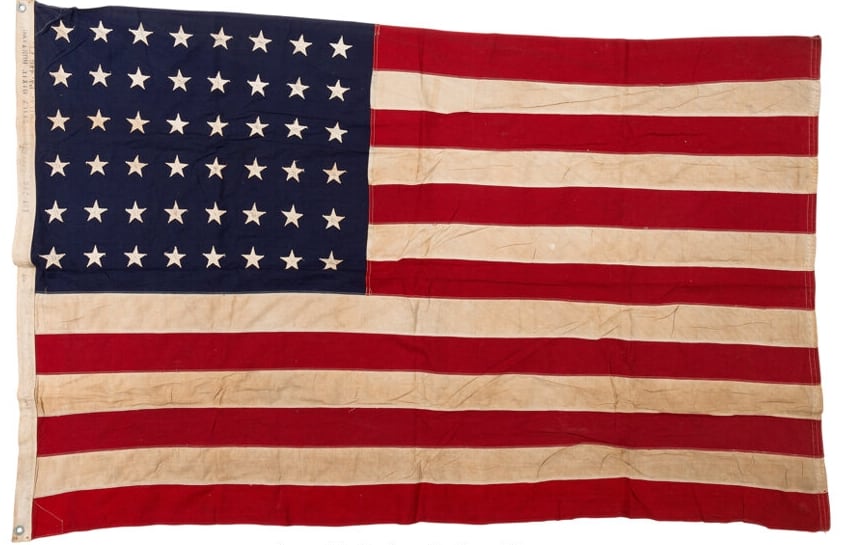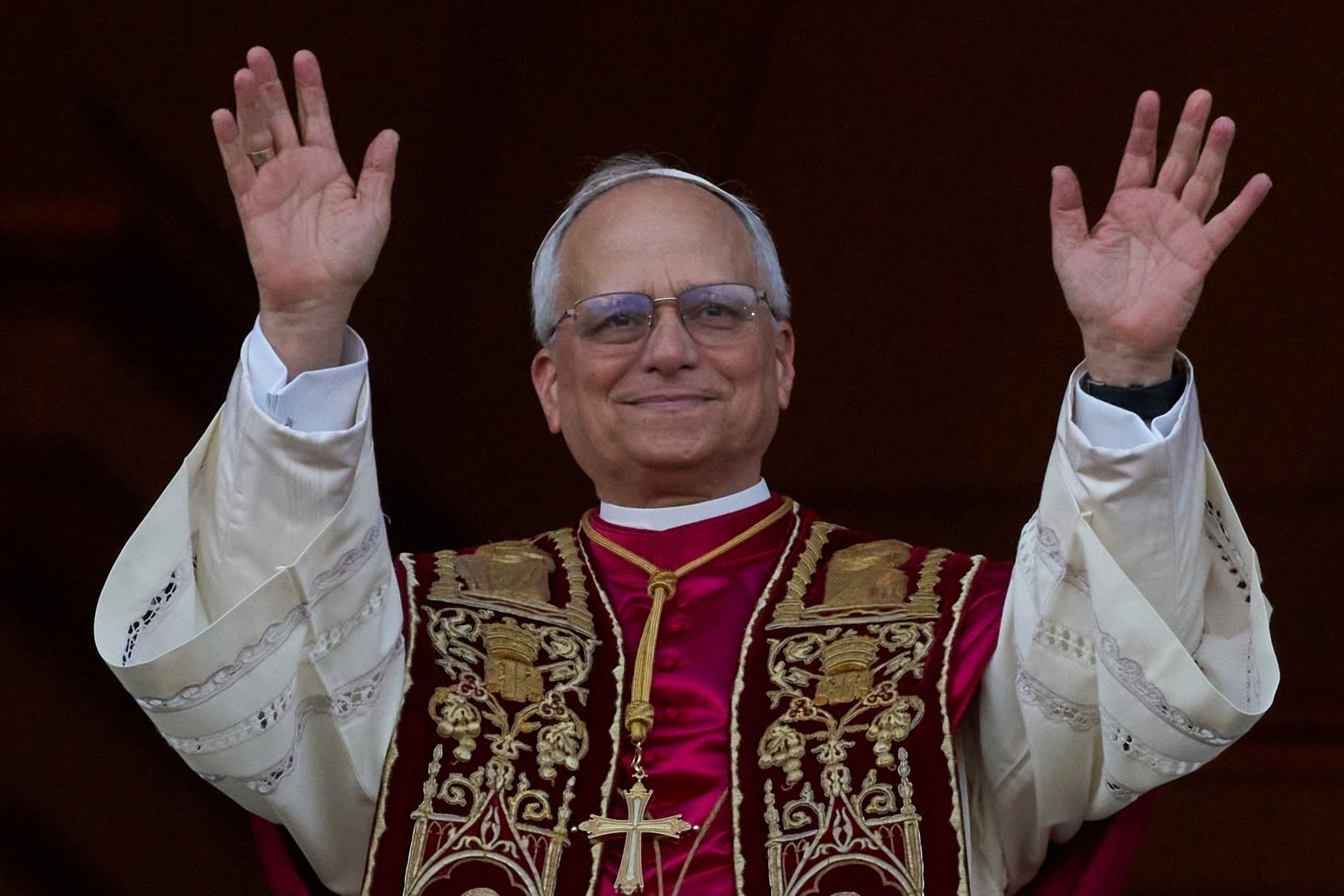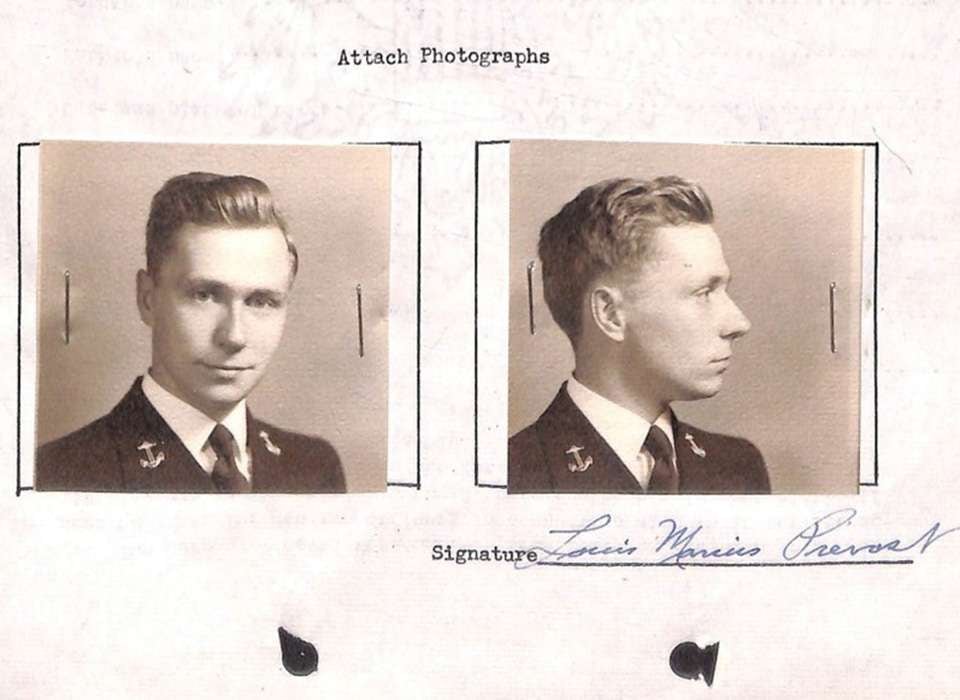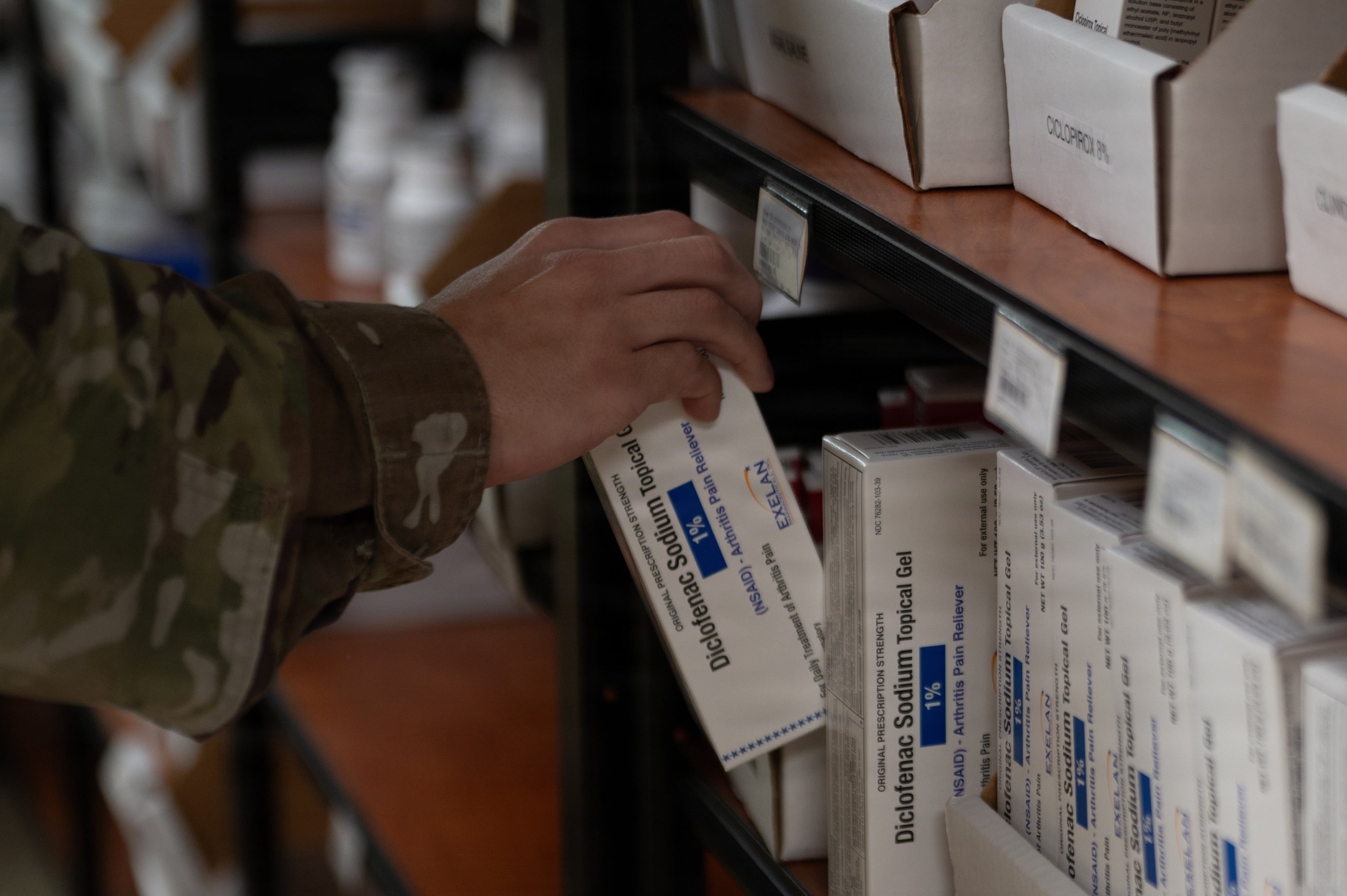As much of world celebrated the 80th anniversary of V-E Day on May 8, white smoke emanated from the Sistine Chapel, marking another momentous occasion: The Chicago-born Cardinal Robert Prevost was elected the 267th pope — becoming the first American to fill the role.
It was not the first time a member of the Prevost family was part of history in the making.
Among those men who gave us entrance into Europe in 1944 was Louis M. Prevost, Pope Leo XIV’s father. At 5 feet, 5 inches tall and 140 pounds, the diminutive 23-year-old was serving aboard LST-286, tasked with landing the 5th Special Engineer Brigade and the 16th Infantry of the 1st Infantry Division at Omaha Beach.
“Men and equipment were flowing from England in such a gigantic stream that it made the waste on the beachhead seem like nothing at all, really nothing at all,” famed war correspondent Ernie Pyle would later write about the Omaha beachhead in “Brave Men," his account of soldiers who fought in World War II.
“But there was another and more human litter,” he continued. “It extended in a thin little line, just like a high-water mark, for miles along the beach. This was the strewn personal gear, gear that would never be needed again by those who fought and died to give us our entrance into Europe.”

LST-286 was among the hundreds of Landing Ship, Tanks that helped to deliver such men and matériel to the shores of Omaha Beach. LST-286 would make several hazardous journeys through the Channel waters throughout the morning and afternoon of June 6, 1944, and helped transport over 850 wounded back to England by day’s end.
According to Prevost’s commanding officer, the sailor handled his duties “very satisfactorily” on the day of the landings.
Born on July 28, 1920, the Chicago-native attended Central YMCA College, where he studied political science before applying in 1942 to join the U.S. Navy’s V-7 accelerated training program.
The program would allow Louis Prevost to enter the Navy as an officer upon his graduation the following year. One of his letters of recommendation for the program from his pastor at St. Thomas Apostle Church in Chicago called Prevost “a good Catholic and a young man of good character and steady habits.”
The father of the future pope received his commission as an ensign in the U.S. Naval Reserve on Nov. 24, 1943, and was ordered to report for duty aboard LST-286.
A little over a month later, Prevost left the port of New Orleans, bound for Europe.
After the hard-earned success of D-Day, LST-286 pivoted to take part in the landing in the south of France in August 1944. Operation Dragoon (or Anvil) put ashore two allied armies — the 7th U.S. and “French Army B” (later redesignated as the 1st French Army). The two armies eventually comprised the 6th U.S. Army Group under General Jacob L. Devers.
During Dragoon, the Allies managed to seize the port of Toulon and the critical port of Marseille.

According to military historian Rob Citino, Dragoon “resulted in far more pressure being put on the Germans than could have been applied by the Overlord landing alone … fewer people want to read about a battle that was more about logistics than heroism. But an absence of blood doesn’t mean it was any less important.“
“The port of Marseille account[ed] for 25% of all Allied tonnage shipped into the European theater … it is also a number that represents a logistical triumph of the first magnitude, in a war where supply was the principal limiting factor on Allied operations.”
A May 13, 1945, Chicago Herald article reported that Prevost had been promoted to command LCI(L)-188, a Landing Craft Infantry (Large) vessel operating in the Mediterranean Theater that had previously saw action during the June 1944 invasion of Elba.
Postwar, Prevost remained an officer in the Naval Reserve until 1956. He continued to serve his community as an educator, working as a longtime public-school administrator. Prevost died on Nov. 8, 1997.
Claire Barrett is an editor and military history correspondent for Military Times. She is also a World War II researcher with an unparalleled affinity for Sir Winston Churchill and Michigan football.





